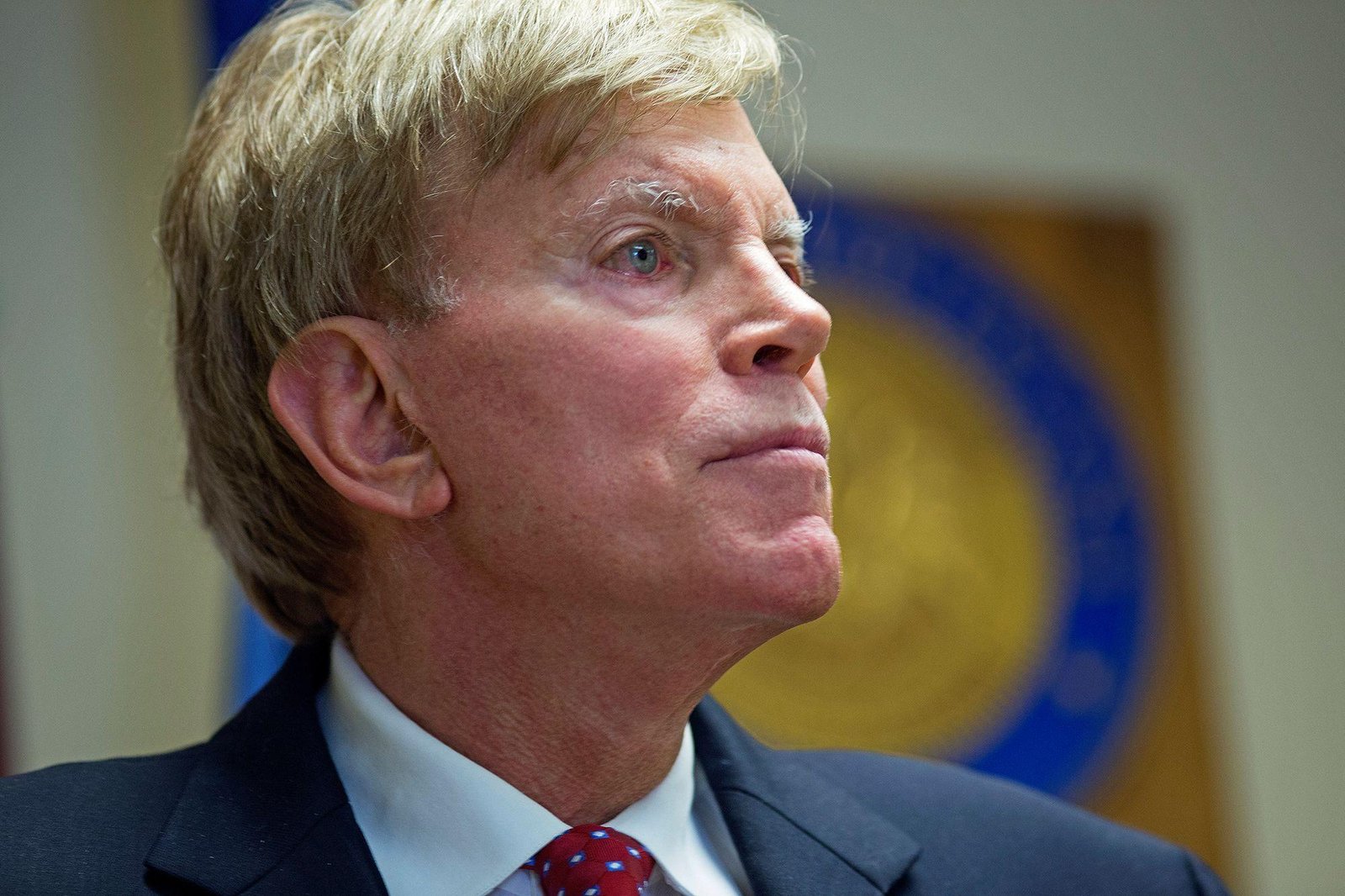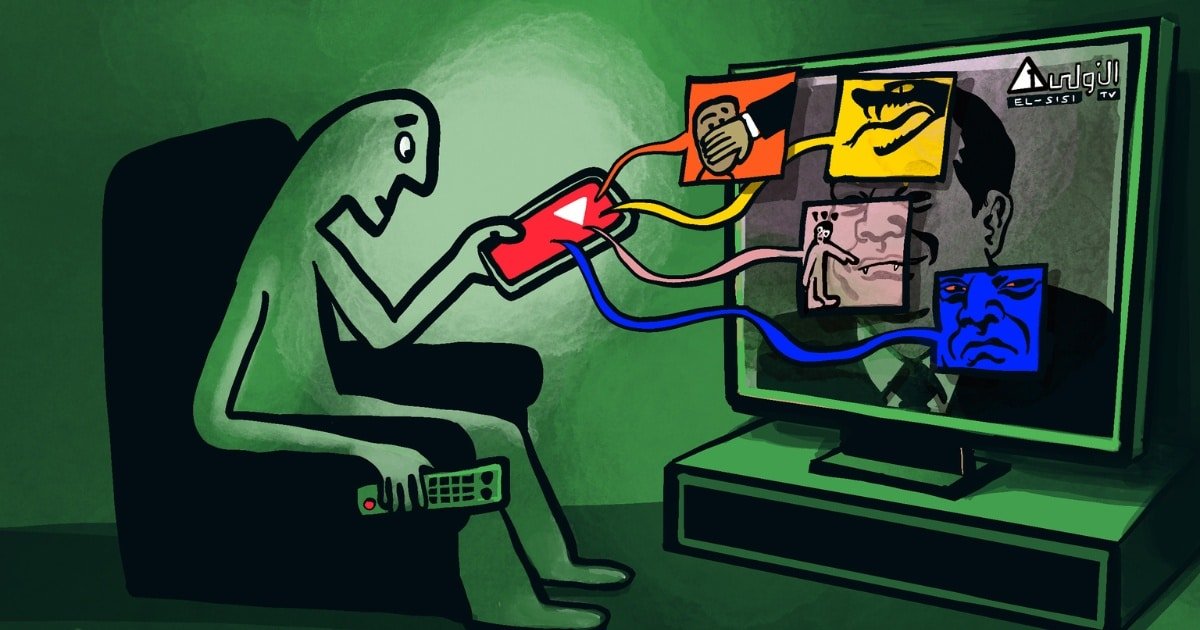Is it possible for us to truly mute extremism on the internet?
The issue of whether prohibiting clerics and other extremist individuals from online platforms can genuinely curb extremism is complex, with no simple solution. Although major social media companies have taken steps to remove or restrict accounts associated with hate speech and violent extremism, these efforts often result in an ongoing struggle, as extremists adapt their tactics to find new platforms and audiences.
The Rise of Extremism in the Digital Era
In our highly connected world today, extremism no longer lurks in hidden locations or across borders—it flourishes online. Extremist organizations, from white supremacists to groups like ISIS, have leveraged the internet to bypass traditional media and reach a global audience. Early figures like David Duke and Abu Mus’ab al-Suri saw digital communication as vital for a “global revolution,” allowing for rapid dissemination of propaganda. This online environment has effectively targeted susceptible individuals who may not have previously encountered extremist material. While Pakistan has made notable progress in prohibiting extremist organizations and blacklisting clerics who promote violence, a broader question persists: Can extremism genuinely be silenced in an era of digital liberty?
You May Like To Read: Economic Disinformation and Strategic Destabilization

The Internet and Repackaging Old Threats in New Formats
Research shows that the internet has transformed how extremist groups recruit and radicalize individuals. Unlike the past, when in-person interactions were necessary, platforms like Twitter, Facebook, and YouTube now allow for rapid sharing of extremist content globally. Initial beliefs that online extremism mirrored offline activities have evolved; studies highlight the internet’s unique capabilities for harm, including anonymity, a broader reach, and the creation of “echo chambers.”
This chart speaks volumes. Social media platforms almost entirely erased ISIS from their platforms between 2014-2016. During that period, white supremacist accounts actually *grew* in influence and are now by far the most prominent form of extremist content online. pic.twitter.com/L1OC38PiKi
— Samuel Sinyangwe (@samswey) March 17, 2019
Impact of Algorithms And The Paradox of Banning
Social media algorithms, designed to boost user engagement, can inadvertently reinforce radical beliefs by recommending more extremist content after initial interactions, creating a feedback loop that promotes further radicalization. Social media platforms contribute to radicalization by creating “echo chambers” that reinforce existing beliefs. Algorithms aimed at user engagement promote divisive content, leading to “algorithmic radicalization.” Misinformation spreads faster than credible news. A UC Davis study found that AI recommendation algorithms on platforms like YouTube and TikTok can drive political radicalization. Researchers used “sock puppets” to examine video recommendations. Muhammad Haroon, a Ph.D. student, discusses the study’s design, findings, and a new tool to mitigate these radicalizing effects. Although removing extremist figures from major platforms may limit their audience, it doesn’t eliminate their ideology. They often migrate to fringe networks with looser policies, making it harder for law enforcement and researchers to monitor their activities.
This article focuses on extreme right wing extremism. Surprised that this would be the most prevalent type of terrorism in the UK I looked up the data sets. Hmmm… https://t.co/sCdnutHCkH pic.twitter.com/VKFLgblHg3
— Ani O’Brien (@aniobrien) October 8, 2024
Counter Narratives and Promoting Digital Literacy
Removing extremist content alone is often insufficient. Experts recommend a strategy that combines the elimination of harmful material with the promotion of counter-narratives from civil society, governments, and community leaders. These counter-narratives challenge extremist messages and offer positive alternatives. Additionally, enhancing digital literacy among youth is crucial, as it fosters critical thinking and helps individuals resist extremist propaganda, making recruitment more difficult for these groups.
You May Like To Read: CM Maryam Nawaz Launches Punjab’s First Urban Electric Tram in Lahore
Restricting Clerics: A Positive Development
Pakistan has prohibited numerous clerics and religious organizations linked to terrorism. The government has taken visible actions by freezing their assets, restricting their movements, and preventing them from speaking at public events. These bans indicate a strong political commitment to tackle extremism directly. The National Action Plan (NAP), created following the Army Public School attack in 2014, presented a comprehensive strategy to counter terrorism, including online radicalization. However, banning by itself is insufficient. Many of these individuals continue to exert influence behind a screen. While they may no longer speak publicly from pulpits, their sermons, speeches, and writings widely circulate through encrypted apps and social media platforms.
The New Frontline of Social Media and Reclaiming Digital Territories
Digital platforms such as YouTube, Facebook, and X (formerly Twitter) have become alternative outlets for banned clerics, revealing gaps in global content moderation policies. Algorithms often prioritise engagement over safety, promoting inflammatory content because of its high click value.
Pakistan’s cybercrime unit, under the Federal Investigation Agency (FIA), actively removes extremist content, deleting hundreds of accounts linked to banned organizations. While these efforts face challenges, with new accounts emerging continuously, they reflect the resilience of counter-extremism strategies.
The youth of Pakistan, along with media experts and civil society, are reclaiming these digital spaces through initiatives like Pakistan For Peace. Their involvement fosters tolerance and critical thinking. Educational institutions are also acknowledging their role in countering extremism, with projects like Paigham-e-Pakistan advocating for peace and unity through credible Islamic scholarship on digital platforms. This combined approach is vital in the fight against extremism.
You May Like To Read: Why Pakistanis Are Rejecting Anti-State Rhetoric in Favor of Stability
Finding Legal and Ethical Equilibrium
Pakistan faces a complex challenge in balancing the need to silence hate speech with the protection of dissent. Distinguishing between religious freedom and incitement to violence is crucial, and courts are stepping in to clarify these boundaries. Human rights organizations and digital monitoring groups also play a vital role in ensuring that national security is not misused for authoritarian purposes.
A Nation Standing Against Extremism
The resilience of the Pakistani people is inspiring, evident in their efforts to promote peace through various counter-narratives and online initiatives. Instead of succumbing to fear, Pakistan addresses extremism with comprehensive strategies that include law enforcement and education. This challenge is societal as much as it is technical, and the country aims to shape its identity away from extremist ideologies. Pakistan is committed to amplifying voices that advocate for a peaceful and inclusive digital landscape.







